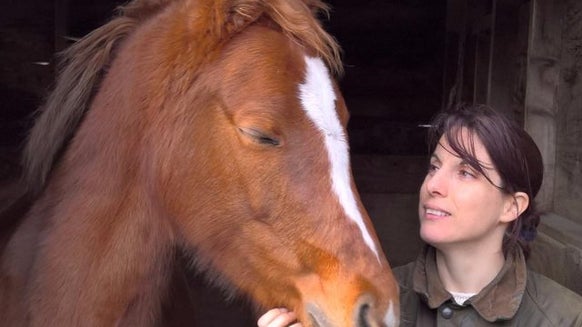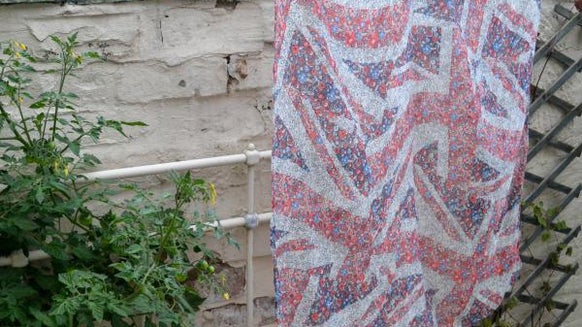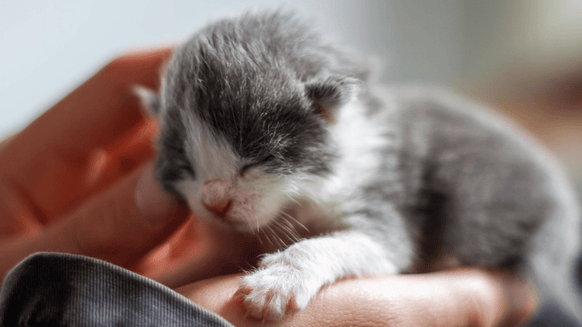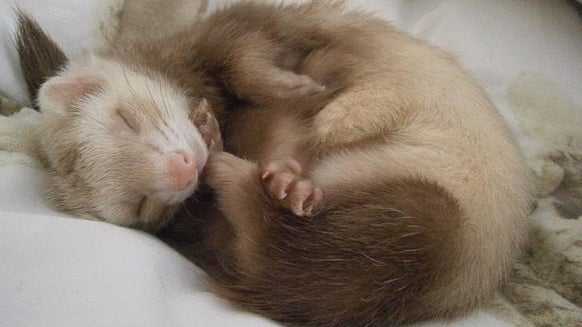Want a pug or Frenchie? Read this expert advice before you buy
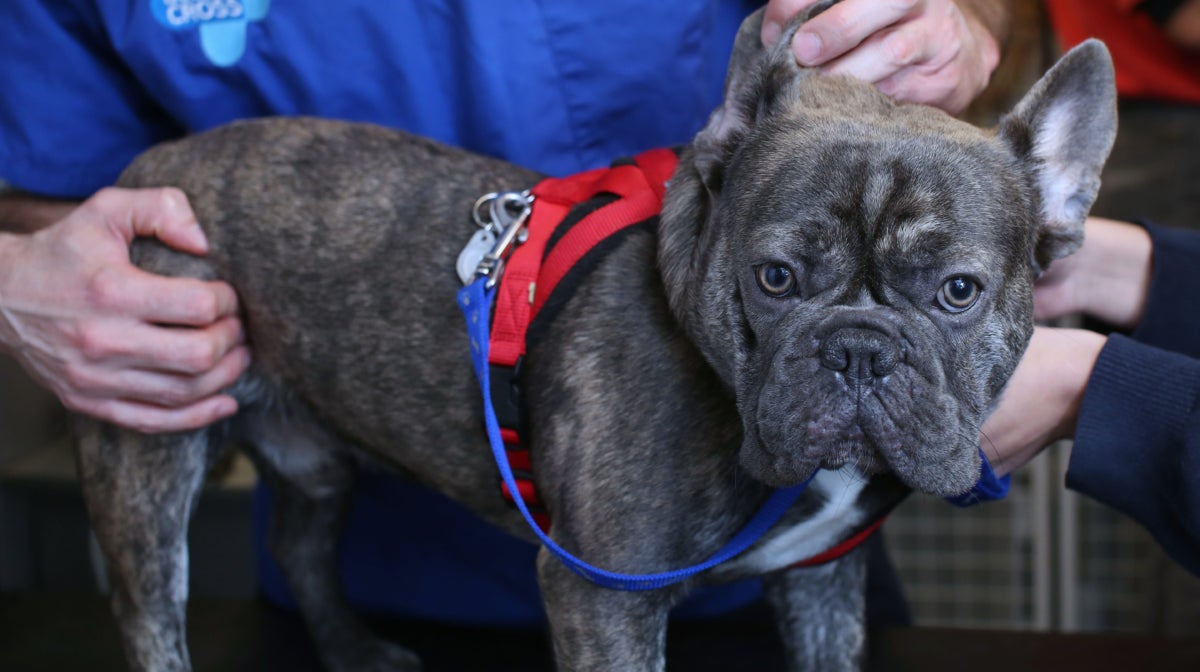
Above, you'll see French bulldog Boss, who needed help from Blue Cross for skin problems. He is pictured on his fourth visit to our vets when he was only nine months old. A horrified veterinary profession has caused Frenchies and Pugs to make the headlines.
As these breeds soar in popularity, vets have become increasingly concerned about their welfare, and the British Veterinary Association has voiced its concerns about suffering in these breeds. Flat-faced cats, such as Persians, and even Lionhead rabbits, are en vogue now, too.
These breeds tend to appeal to pet buyers because they look similar to human babies with their big ‘puppy dog’ eyes and they can make fun companions, so it’s no surprise that people want to add them to their families – but they do tend to suffer from more particular health problems than those breeds with longer snouts.
What does ‘brachycephalic’ mean?
So, what is a brachycephalic animal? The dictionary describes this as
When animals are selectively bred to look a particular way on the outside, their appearance affects all parts of their body, even including the shape of their bones, organs and soft tissue.
What health problems do flat-faced dogs suffer from?
The shorter muzzle bone means there is
The snorting, snoring and grunting noises that these breeds often make are thought by many to be just a normal part of these dogs, but
Dental disease, gastrointestinal problems, skin infections and eye problems are also common. Owners often don’t realise that brachycephalic dog breeds are
Studies have suggested that 86 percent of English bulldog puppies, and over 80 percent of French bulldog puppies, are delivered by C-section in the UK; an expensive major operation which, because of the breathing difficulties in these breeds, is very
Are all French bulldogs and pugs unhealthy?
It is true that less exaggerated examples of flat-faced dogs breeds (historically when most dogs were working dogs, these brachycephalics had much longer muzzles) suffer less than those with more extreme features, and not all brachycephalic dogs will need veterinary intervention during their lifetime.
The problem for these breeds is that
What should I think about before getting a flat-faced dog?
French bulldogs, English bulldogs, pugs and other flat-faced breeds are high maintenance to care for if you do have one with health problems (which is, unfortunately, a strong possibility). Depending on the condition they may suffer from, owners may have to administer eye drops or ear medication, wash skin folds several times a week, and bathe their pet frequently. Sadly this can be stressful for both owner and dog – skin and ear infections can be very sensitive and sore, so few dogs enjoy the treatment. Vets may find that quite a few pugs, English bulldogs and Frenchies learn to snap as soon as their ears are touched.
As with getting any dog, you’ll also need to think about the
As these breeds grow in popularity, our Blue Cross animal hospital teams are treating more cases for a wide variety of problems caused by breeding for a characteristic flat-face. Sadly, their popularity is also now fuelling a
We’d advise anyone wanting to help one of these dogs to get one from a
Read more about brachycephalic breeds and potential health problems on Blue Cross’s
Blue Cross is proud to support Vets Against Brachycephalism.
Caroline Reay is a Veterinary Surgeon and Clinical Development Manager at pet charity Blue Cross. She’s worked for Blue Cross for over 20 years and her professional interests veterinary medicine and animal behaviour.


